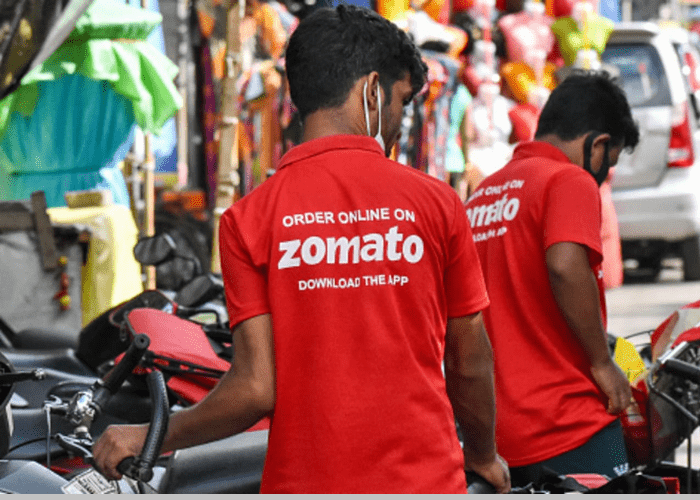If you have been feeling unusually tired, anxious, or emotionally drained at work lately, you are far from alone. A new report by HCL Healthcare, a division of the HCL Group, has found that emotional struggles are intensifying within India’s corporate corridors—what it calls a wake-up call businesses can no longer afford to ignore.
What the HCL Healthcare emotional wellness report found
After analysing more than 4,200 emotional wellness consultations across five major companies, HCL Healthcare found that 84 per cent of employees reported low mood or depressive thoughts, while 59 per cent showed signs of moderate to severe anxiety. Sleep deprivation was another key factor, with nearly half the workforce getting less than seven hours of rest, and one in five employees reporting consistently poor sleep quality.
Personal issues now drive more stress than performance pressure
According to the report, it is not just deadlines or key performance indicators (KPIs), but deep-rooted emotional fatigue—often from strained relationships, unresolved personal conflicts, or lack of mental reset—that is quietly derailing productivity.
“Over 60 per cent of employee stress actually comes from personal and relationship issues, not career pressure,” said Shikhar Malhotra, Director, HCL Corporation and CEO, HCL Healthcare. “When ignored, these struggles quietly eat into engagement and trust. For companies, investing in emotional health delivers clear returns: fewer sick leaves and absences, higher productivity, and stronger retention.” Studies have found that emotional stress could affect how people consume food which could also lead to junk food addiction and problems related to overeating and nutrient deficiency.
Top reasons employees are emotionally struggling
HCL Healthcare’s data identifies five key emotional challenges in Indian workspaces:
- Self-esteem and overthinking (34 per cent):Loneliness and intrusive thoughts affect emotional balance.
- Relationship and family stress (27 per cent):Domestic strain spills into professional lives.
- Pre-existing mental health conditions (18 per cent):Anxiety, OCD, bipolar disorder, and depression remain under-addressed.
- Career-related stress (14 per cent):Work-life imbalance, unclear goals, or burnout contribute to poor mental health.
- Chronic illness-related distress (5 per cent):Ongoing health issues impact focus and mood.
Emotional wellbeing now seen as a core business issue
According to Malhotra, this is not just a mental health issue, it is a business issue. Emotional wellbeing now plays a central role in productivity, retention, and innovation. In fact, organisations that have invested in timely emotional support and preventive care have seen up to 2.5 times return on investment (ROI), according to HCL Healthcare.
How companies can support employee emotional health
The report urges India Inc to go beyond token wellness days and instead focus on systemic change. Key recommendations include:
- Make support accessible:Set up on-site clinics or 24×7 digital platforms where employees can consult mental health experts without stigma.
- Normalise mental health conversations:Integrate wellbeing into leadership communication, peer support groups, and routine check-ins.
- Train emotionally aware managers:Equip leaders to recognise distress and refer staff to professional help—therapy, family counselling, or wellness tools.
Creating emotionally safe workplaces is the new leadership benchmark
“This is not just about fewer sick leaves or higher output,” Malhotra added. “It is about creating a workplace where people can show up as whole individuals, not just professionals. That is the new benchmark of great leadership.”




















